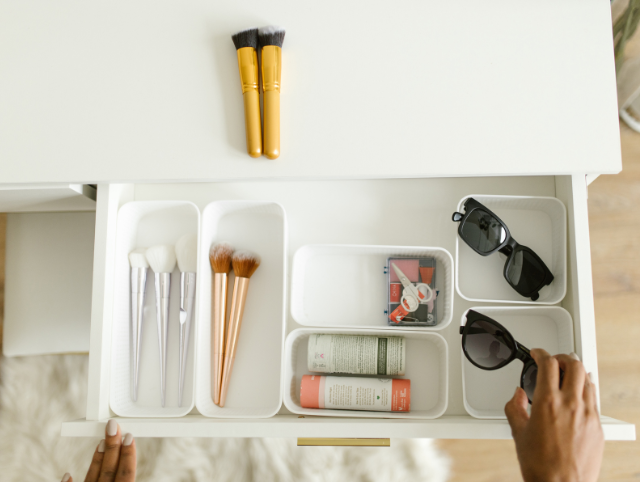
Professional Organizer
A professional organizer is an individual who enhances clients’ lives by designing systems and processes using organizing principles, and by transferring organizing skills to help people take control of their surroundings, time, paper, and systems for life. They offer solutions for homes or businesses, create customized organizing systems, and educate clients to maintain ongoing organization.
According to the National Association of Productivity and Organizing Professionals (NAPO), professional organizers also help clients achieve desired outcomes regarding space, objects, and time by supporting evaluation, decision-making, and action.



Step by Step Guide
To become a professional organizer, you’ll need a combination of strong organizational skills, business know-how, and client service readiness. Here’s a step-by-step guide to help you get started:
1. Develop Key Skills
Professional organizers need:
- Strong organizational and time management skills.
- Problem-solving abilities.
- Attention to detail.
- Empathy for clients’ challenges in letting go of belongings.
- Creative thinking for custom solutions.
- Excellent communication and interpersonal abilities.
2. Education and Training
No formal degree is required—most have at least a high school diploma and many are switching from other career paths. You can self-educate with books, webinars, online courses, or find an experienced organizer who hires subcontractor assistants. If you want to stand out, consider professional courses (such as those from NAPO, National Association of Productivity and Organizing Professionals) to learn advanced techniques and business skills. There are also many other Professional Organizer Training opportunities you can find by doing an online search.
3. Gain Real-World Experience
Start by organizing for friends or offering free consultations to build a portfolio and referrals. Joining a professional team can help you learn while building your client base.
4. Set Up Your Business
Decide if you’ll work solo or join a team. In Utah, you will mostly likely need a local business license, insurance, and to register your business name. Develop marketing materials, set rates, and create a website or social media profile to attract clients.
5. Grow and Market Yourself
- Network with related professionals (real estate agents, interior designers).
- Join professional associations (UPO, NAPO, ASPO).
- Ask satisfied clients for testimonials.
- Stay updated on industry trends and decluttering methods.
- Specialize in areas that you love!
Ready to Grow?
Have a question?
Send us a message.

